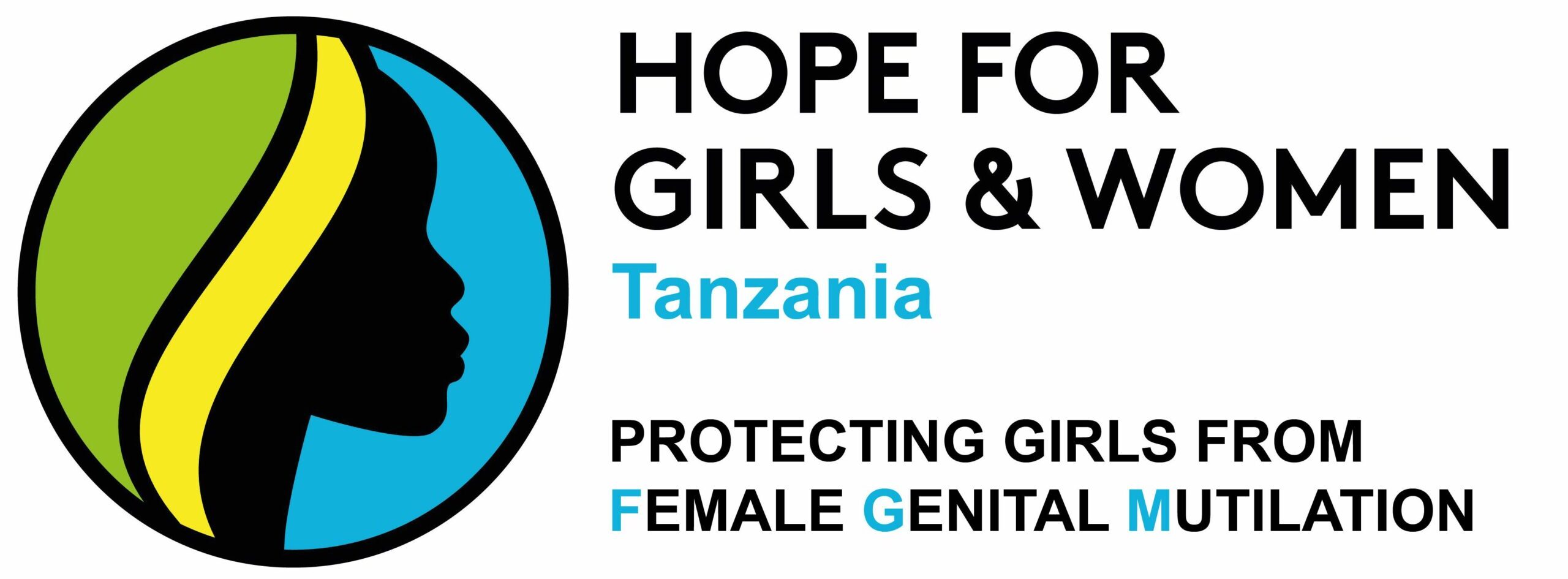Earlier in 2020 we were joined by Liz and Alex as they concluded their round the world trip. They came to Hope for Girls and Women to share their skills by producing a film that would reflect the determination, energy and compassion of the team and the work delivered here. Watch the film here:
The film is about an amazing Tanzanian woman, Rhobi Samwelly, and the organization she founded that is rescuing young girls from female genital mutilation (FGM) and child marriage in the Serengeti district of Tanzania. It highlights the stories of girls who have fled FGM, as well as the staff and community leaders involved in this effort. We learn about Rhobi’s story and what led her to create the nonprofit, Hope for Girls and Women in Tanzania. The organization manages two safe houses among many other initiatives and programs, such as school and community education, and community mapping. In this film, we sought to highlight the individuals involved in this effort to rescue the girls, and to show the audience all the amazing collaborative work they are doing.

My husband Alex, and I (Liz) were taking a career gap to travel around the world full-time when we learned about Hope for Girls and Women in Tanzania. When first planning our around the world trip over 5 years ago, we knew we wanted to spend some time working with a nonprofit in Sub-Saharan Africa. Having both spent time volunteering in Sub-Saharan many years prior, we knew we only wanted to volunteer if we were able to bring a unique set of skills to the table that would have a lasting benefit to a nonprofit.
We both have had an interest in video creation for years, but had only put together a few videos for fun mostly related to travel before we left on our around the world trip.
We created a YouTube channel to document our travels and develop skills that would enable us to create documentaries, which has always been an interest of ours. I have spent most of my career working in the nonprofit/public sector so while I was learning editing and video creation, I immediately saw the potential to utilize these skills to benefit nonprofits by highlighting the amazing work they do which could then be used to reach additional funders and donors. While not everyone can visit rural Tanzania, we thought a film that brings to life the work being done would be the next best thing.
We had a very strict set of criteria for the type of organization we were looking to work for and we both could not have imagined a more perfect organization than Hope for Girls and Women in Tanzania. We were looking for an organization that is:
- community run;
- working to improve a human rights issue;
- focused on women and children.

Hope for Girls and Women not only met, but completely exceeded all of our criteria. We loved that it was founded and led by an amazing, passionate Tanzanian woman, Rhobi, who was such an inspiration.
I had some background knowledge about FGM in Tanzania, having written my final cumulative paper on it while completing my Master of Public Health.
So not only did it align very well with my interests, I also was able to see that they were implementing all of the best practices I had learned. They were the first and only organization we reached out to, while we were living in a van and exploring New Zealand. We had a quick phone call with Janet and Rhobi after sending a few samples of our work. We were then invited to come to the remote town of Mugumu in the Serengeti district of Tanzania. Getting to Mugumu from New Zealand was quite the experience! Our total travel time was over 60 hours consisting of 5 flights, and a very long car ride.
Our experience in Tanzania at Hope for Girls and Women will remain as my favorite experience on our around the world trip. The entire team was so welcoming and accommodating to us following them around with video equipment. Without their language translation, logistical support, and the stories shared by the girls, the film would not have been possible. We really appreciate the kindness that was shown to us by the whole team while we were in Tanzania.
While we were in Mugumu, COVID-19 was declared a global health pandemic. American citizens were urged to come home or plan to stay away for an indefinite time period. We were so torn and heartbroken about this, but made the hard decision to return home. As a result, we were unable to finish filming everything that we had set out to film. However, while quarantining in the United States, we had enough footage to compile and edit the film over the next two months.
We are extremely grateful for this opportunity to highlight the work of an organization that truly deserves it. We were so inspired by the girls and all of the staff there. We will forever cherish this experience.
Thank you!
Liz & (Alex) Clark
